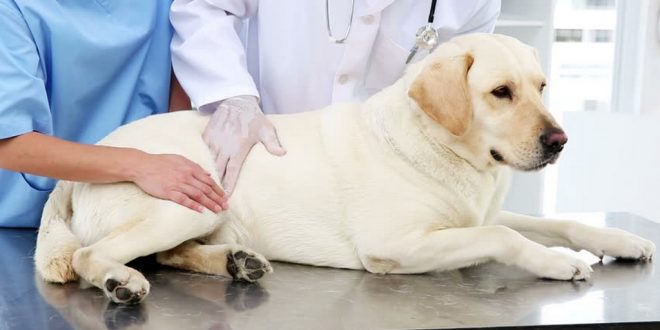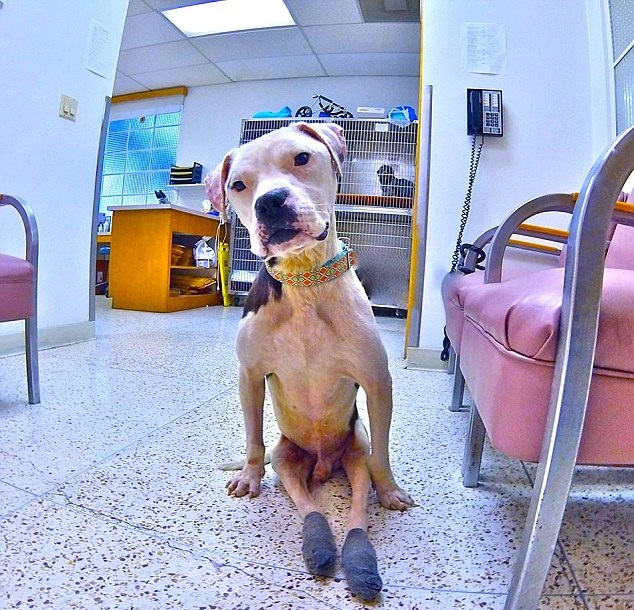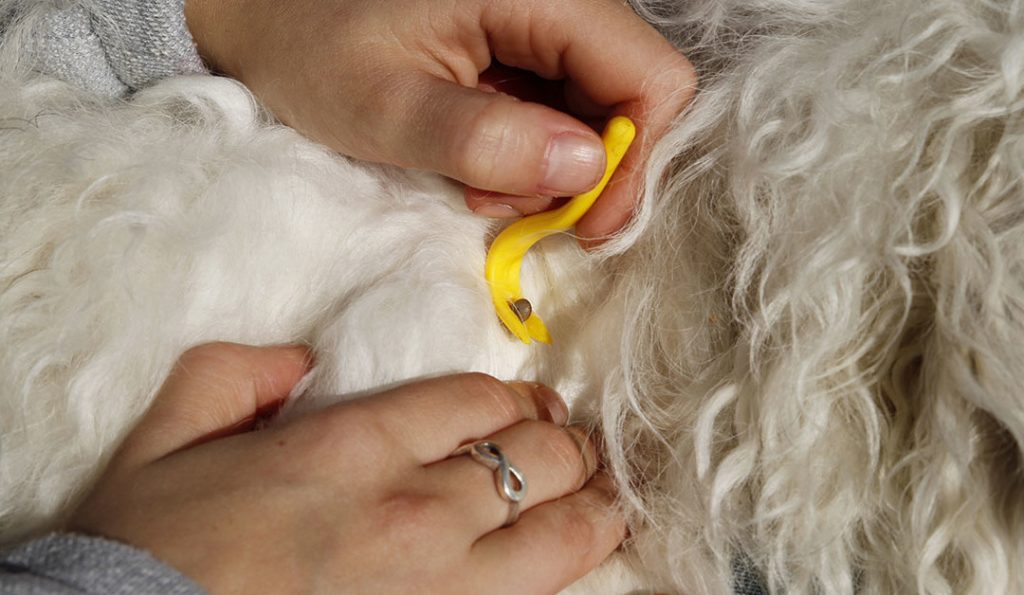Paralysis is the most common genetic disease in dogs that attacks the nerves in the spines of older dogs and leads to paralysis of the hind or all legs. It usually happens due to a loss of communication between the spinal cord and the brain of the dog.
What types of Paralysis are there in dogs?
There are three types of paralysis in dogs.
1. Tetraplegia
Dogs suffering from Tetraplegia paralysis are unable to move their legs.
2. Paraplegia
In Paraplegia paralysis the rear legs stop moving.
3. Paresis
This is also known as partial paralysis. The dogs can move but face a lot of difficulties.
Symptoms
Here are some symptoms that can help you identify paralysis in dogs.
- Dogs refusing to get up and difficulty in standing
- Walking with front legs only and dragging the rear legs
- Difficulty in moving
- Pain in neck, spine, and legs
- No control on bowel movements
- Suffering from constipation
Causes
There are several reasons that can lead to paralysis in dogs. It can be due to an accident or trauma that causes permanent damage. Here are some other causes:
Tick bites
Tick bites are a leading cause of paralysis in dogs. When certain insects like ticks bite a dog, it injects a neurotoxin into the dog’s bloodstream. This can lead to sudden neuron paralysis. It is imperative to treat a tick bite as quickly as possible. Find out how to check for tick bites and remove them here.
Bacterial infection
Meningitis, distemper, and rabies among others are several bacterial infections that can also lead to paralysis in dogs. If the infection spreads to the brain, paralysis is imminent
Congenital Diseases
Congenital diseases can leave dogs more prone to developing paralysis. There are three most common congenital diseases in dogs:
Intervertebral Disc Disease (IVDD)
IVDD is a serious neurological condition that mainly affects short-legged breeds such as Pomeranian, Dachshunds, etc. In this disease, the intervertebral discs between the spinal column lose their cushioning and get ruptured. These discs herniate into the spinal cord space, blocking the nerves that connect the spinal cord with the brain causing paralysis.
Degenerative Myelopathy (DM)
This genetic disease attacks the nerves in the spines of older dogs and leads to paralysis of the hind legs.
Fibrocartilaginous Embolism:
Large dog breeds are more prone to Fibrocartilaginous Embolism. In this disease, a small slice of spinal disc breaks from the spinal column of the dog, blocking the flow of blood from the heart to the limbs of the body causing temporary paralysis. It usually resolves itself within a few weeks.
Treatment
Depending on the type of paralysis, the dog can be treated with the help of medication, surgery, hydrotherapy, physical therapy, etc.
Take your dog to your veterinarian immediately if you observe any of the above-mentioned symptoms in your dog. Your vet will examine your dog and analyze the problem on the basis of several tests. He may also conduct some lab tests and X- rays to determine the source of the problem.
How to care for a paralyzed dog at home?
Here are a few things you can do to improve your paralyzed dog’s quality of life.
- Wheelchairs and Harnesses
- Orthopedic Beds
- Groom Your Dog Regularly
- Manage Your Dog’s Bladder
- Maintain Healthy Skin
- Physical Therapy
Share your thoughts with u s in the comments below!
 DogExpress
DogExpress

























 in Chandigarh, India.
in Chandigarh, India. 

